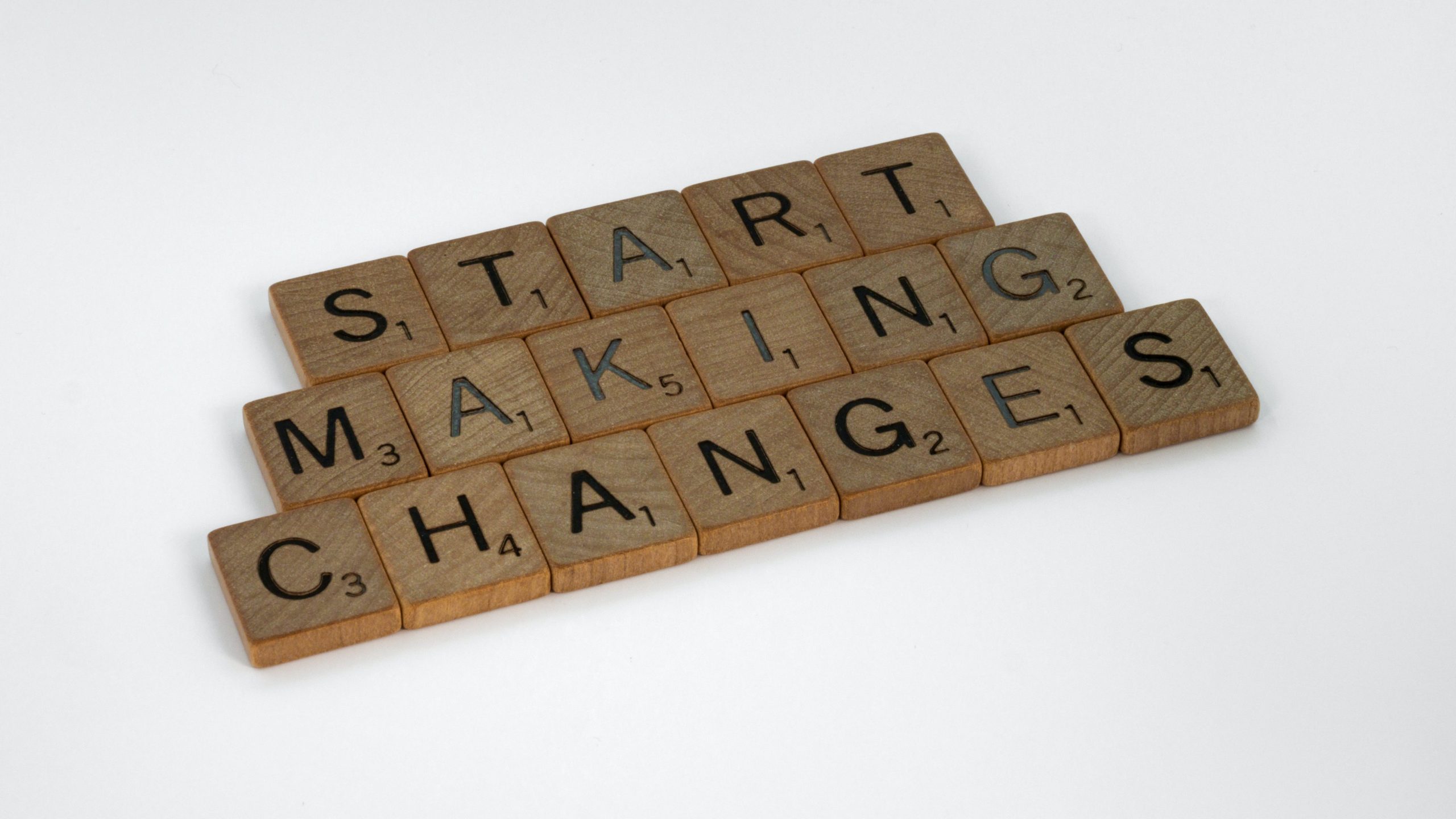In the last blog, we learnt about the culture of busyness. Busyness refers to the pressure society places on individuals to constantly be active and productive, frequently at the price of their relationships and personal well-being. Because of the various adverse effects of busyness, organisations are looking for ways to combat the scourge.
According to psychologists’ findings, people tend to value something more when they work harder to achieve it. This tendency is popularly known as ‘effort justification’, and people feel more committed to a task when more effort is involved, even when the task is meaningless. While the employees go into an ‘automatic mode’, managers tend to make decisions based on institutional knowledge and culture, which are just bad habits.

In today’s fast-paced world, it’s easy to become overwhelmed with the constant stream of responsibilities and tasks we must manage. With the rise of technology and the increasing demands of work and personal life, it can feel like we are always busy and never have enough time to get everything done. However, there are ways to overcome this feeling of busyness and regain control of our lives.
Here are some tips to help you manage your time more effectively and achieve a more balanced and fulfilling life:
Prioritise your tasks and eliminate low-value work
One of the most effective ways to overcome busyness is prioritising tasks. Many organisations dump shallow work on the employees, such as reporting, unnecessary meetings, data work etc. This does not allow them to do deep work reducing productivity. Organisations should focus on employee-engaging activities rather than just keeping them on the clock. Make lists of everything you need to do and rank them in order of importance. This will help you focus on the most critical tasks and ensure you are not wasting time on less important activities.

Learn to say no and delegate tasks
Often, busyness is a result of taking on too many commitments. Learn to say no to requests that are not essential or do not align with your priorities. This will help you free up time to focus on the tasks that are most important to you. If you have too many tasks to manage, consider delegating some of them to others. This can help you free up time and focus on the tasks that are most important to you. Delegating can also help you develop your team members’ skills and build trust in your relationships.

Set the right behaviour and take breaks
Companies can overcome busyness by setting the correct examples. Leaders should neither themselves nor let the employees burn the midnight oil. Taking regular breaks throughout the day can help you recharge and refocus.

Schedule short breaks throughout your day to stretch, walk, or relax. This can help reduce stress and increase productivity.
Set boundaries by rewarding output, not just activity.
It is essential to set boundaries to manage your time effectively. This means saying no to distractions and interruptions that can derail your work.

Communicate your boundaries clearly to others and set expectations about when and how you will be available. Employees are at risk of overwork and burnout by not setting boundaries and encouraging performance-based pay. Instead, output quality should be the measure for assessing compensation and rewards.
Practice self-care
Finally, taking care of yourself is critical to overcoming busyness. This means getting enough rest, eating well, and engaging in activities that help you relax and recharge. Prioritising self-care amongst employees can help you reduce stress, improve your focus, and increase your overall well-being. Organisations should follow a generous vacation allowance. Research shows that employees who are offered unlimited vacation end up taking less time off. And most of employees work during their vacation. Such incentives should not only be responsibility of the government but on the companies.

In conclusion, busyness is a common issue that many of us face in today’s fast-paced world. However, by prioritising your tasks, learning to say no, taking breaks, using technology to your advantage, delegating tasks, setting boundaries, and practising self-care, you can overcome this feeling and achieve a more balanced and fulfilling life.
What are your views? Let us know in the comments below.
































